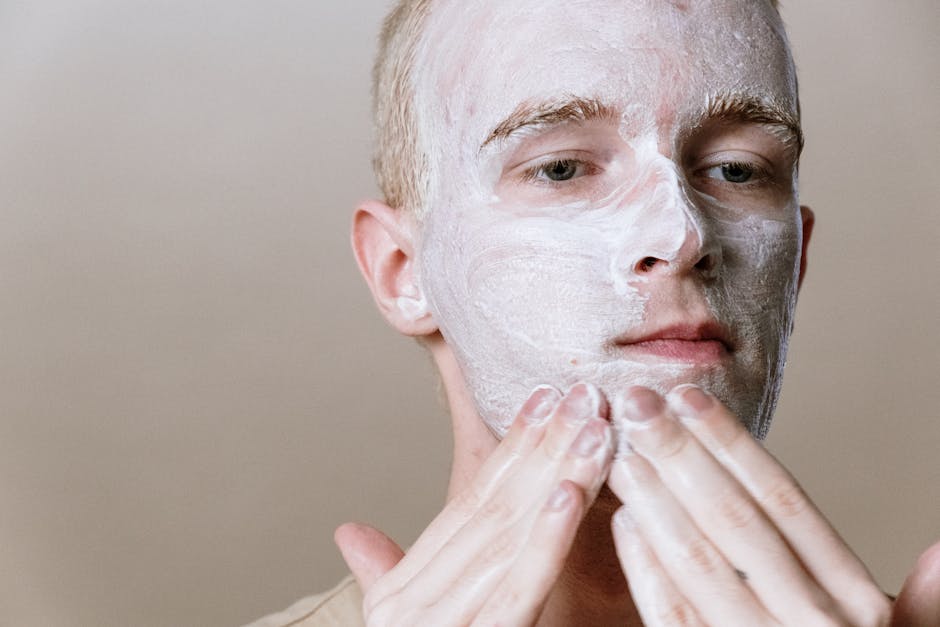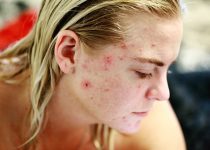Acne: A Comprehensive Guide To Treatment And Prevention
Acne, a common skin condition that affects millions worldwide, can be frustrating and embarrassing. However, with proper treatment and prevention measures, you can effectively manage and improve your skin's health. This comprehensive guide provides insights into the causes, types, and effective treatment options for acne, empowering you to take control of your skin.
Acne occurs when hair follicles become clogged with excess oil and dead skin cells, creating a breeding ground for bacteria. The resulting inflammation and infection lead to the formation of pimples, blackheads, and whiteheads. Hormonal imbalances, genetics, and certain environmental factors can contribute to acne development.
**Types of Acne:**
* **Non-inflammatory Acne:** Includes blackheads and whiteheads, which are closed pores filled with oil and dead skin cells.
* **Inflammatory Acne:** Consists of papules (small, red bumps), pustules (pus-filled bumps), and nodules (painful, deep bumps).
* **Severe Acne:** Characterized by cystic lesions, which are large, pus-filled bumps that can cause scarring.
**Treatment Options:**
* **Topical Medications:** Over-the-counter and prescription topical medications containing ingredients such as benzoyl peroxide, salicylic acid, or retinoids help reduce inflammation and kill bacteria.
* **Oral Medications:** Antibiotics and hormonal treatments can help regulate hormone levels and combat inflammation. Isotretinoin, a powerful oral medication, is effective for severe acne but requires close monitoring due to potential side effects.
* **Laser Therapy:** Laser treatments target the bacteria and inflammation associated with acne, potentially reducing future breakouts.
* **Chemical Peels:** These treatments use chemical solutions to exfoliate and remove dead skin cells, unclogging pores and reducing acne severity.
**Prevention Measures:**
* **Cleanse Regularly:** Wash your face twice daily with a gentle cleanser that does not over-dry your skin.
* **Exfoliate:** Regularly exfoliate your skin to remove dead skin cells and prevent clogged pores.
* **Moisturize:** Use a non-comedogenic moisturizer to keep your skin hydrated without blocking pores.
* **Avoid Harsh Products:** Stay away from harsh soaps and astringents that can irritate your skin and worsen acne.
* **Manage Stress:** Stress can trigger acne breakouts, so it is essential to find healthy ways to manage stress levels.
* **Change Your Diet:** Certain foods, such as dairy and sugary snacks, have been linked to acne flare-ups. Consider eliminating these foods from your diet to see if it improves your skin.
**Conclusion:**
Acne can be effectively managed and prevented with proper treatment and lifestyle modifications. By understanding the causes, types, and treatment options, you can tailor a personalized approach to clear your skin and improve your overall well-being. Remember, patience and consistency are key to achieving and maintaining healthy, acne-free skin.


